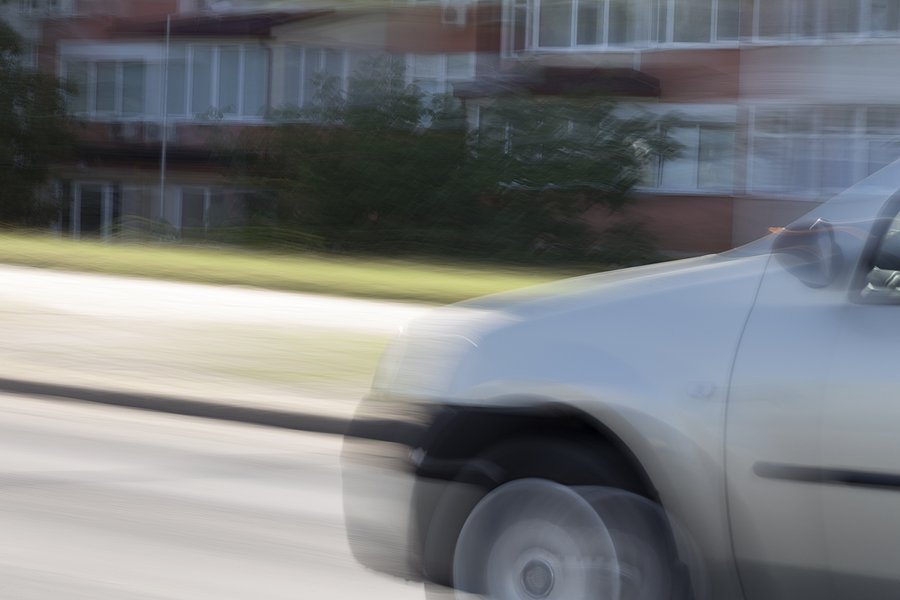Project start
A test track for the e-mobility of the future - research project tests wireless charging technology

Photo Colourbox
The vision: in future, anyone travelling on certain roads in an electric car will automatically "fill up" with electricity without having to stop or take action themselves. This is made possible by a special technology built into the road surface, among other things, which transfers energy to the vehicle.
"Wireless charging while driving and even when stationary makes electromobility more convenient and therefore more suitable for everyday use - especially in urban areas or for vehicles with high energy requirements," says Prof Benedikt Schmülling, head of the project at the University of Wuppertal. "Our aim is to develop this technology in such a way that it functions reliably, can be easily integrated into infrastructures and makes a real contribution to the transport transition." Its use is attractive for various areas of application: in addition to private transport, also in local public transport with electric buses and electric taxis or as an important piece of the puzzle for electromobility in logistics companies.
Test track for wireless charging
A central component of the project is the construction of a test track up to 400 metres long in Aldenhoven. Here, specially equipped vehicles will test wireless charging under real-life conditions. Results from previous projects will also be taken into account. In particular, the focus is on testing both the components for pure energy transmission, such as coils and power electronics, as well as the appropriate communication system, which enables secure and trouble-free data exchange between the vehicle and the charging infrastructure before, during and after each charging process. "The integration of modern communication technology enables intelligent control of the charging process, protects the vehicle battery and supports flexible and efficient use of the power grids through the exchange of energy data," says Prof Schmülling.
The aim of the project is to ensure that the new technology can be retrofitted not only to new cars, but also to existing electric vehicles. To this end, a communication platform is being developed that is compatible with many vehicle types and is based on internationally recognised standards. This will allow the system to be widely used in the long term - even beyond Germany.
Exploring new avenues with strong partners
The project will run for three years and is being funded by the Ministry of Economic Affairs, Industry, Climate Action and Energy of the State of North Rhine-Westphalia and the European Union (ERDF/JTF Programme NRW 2021-2027) with a total of around 3.9 million euros as part of the NeueWege.IN.NRW innovation competition. The BUW will receive around 786,000 euros of this.
In addition to the BUW Chairs of Electromobility and Energy Storage Systems (Prof. Benedikt Schmülling, project management) and Theoretical Electrical Engineering (Prof. Markus Clemens), three strong partners are contributing their expertise: Electreon Germany GmbH as a provider of wireless charging solutions, DENSO AUTOMOTIVE Deutschland GmbH as a provider of automotive technology, systems and components for major car manufacturers and STRABAG as one of the leading European technology groups for construction services.
A project with vision
In addition to technology and test operation, knowledge transfer also plays a major role: the results are to be incorporated into standardisation committees at the end of the project - a step towards a uniform standard for wireless charging worldwide.

